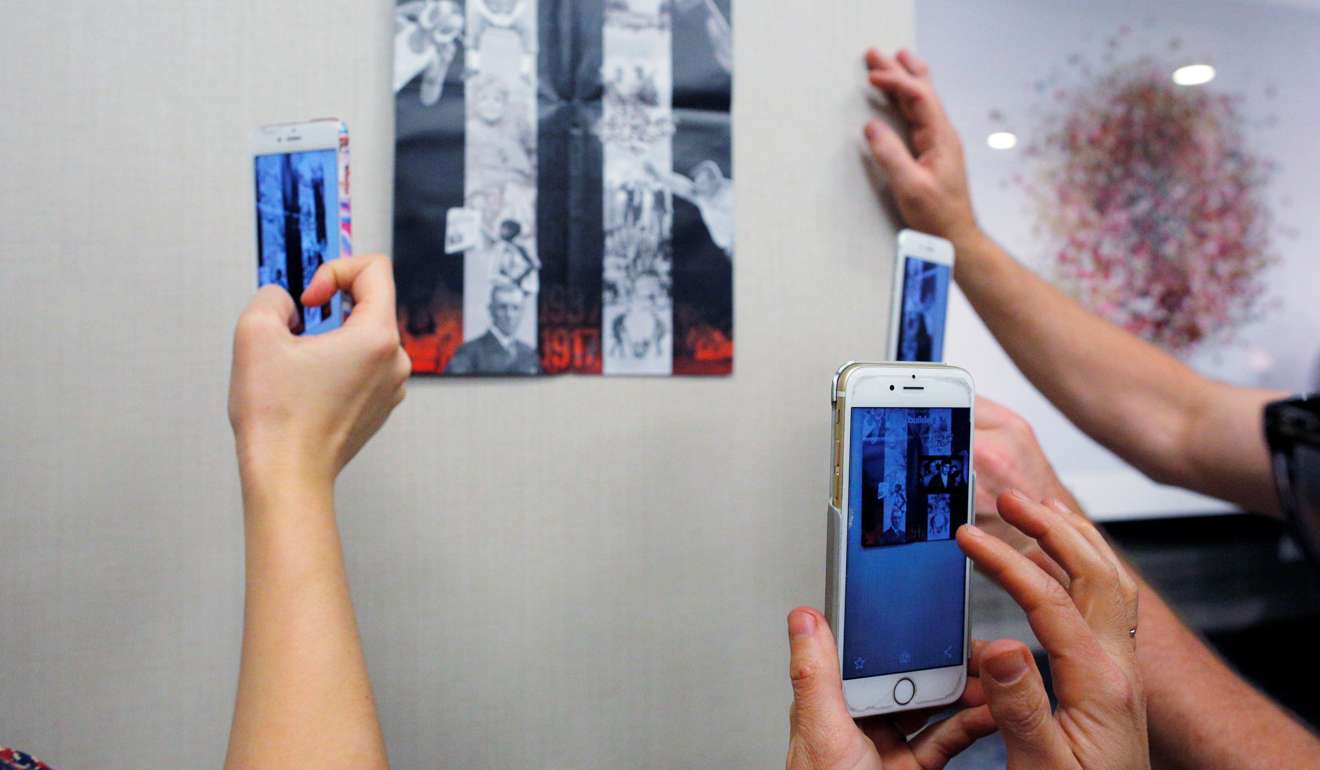
New phone app can measure sperm count and quality
Sperm sample can be tested in about five seconds, but app does not test sperm size and shape
Men may soon be able to measure their own sperm count and quality at home, using a smartphone app developed by scientists.
In early tests, designed to clip onto a smartphone, the gadget detected abnormal sperm samples with an accuracy of 98 per cent.
In more than 40 per cent of cases where couples struggle to conceive, the underlying fertility issue is linked to sperm abnormalities, but the researchers said that social stigma and lack of access to testing meant than many men never seek evaluation.
Hadi Shafiee, who led the work at Brigham and Women’s Hospital in Boston, said: “We wanted to come up with a solution to make male infertility testing as simple and affordable as home pregnancy tests.”

The team put the device together using spare parts from DVD and CD drives at a total cost of US$4.45. Using the device simply involves drawing semen into a disposable holder that is plugged into one side of the phone attachment, in a similar way to a USB. In seconds, results of the analysis are displayed on the phone’s screen.
In the study, published in the journal Science Translational Medicine , the research team recruited 10 volunteers with no formal training, including administrative assistants employed at a Boston fertility clinic. They correctly classified more than 100 semen samples using the app.
Overall, the scientists examined 350 clinic samples and were able to identify those with low sperm counts and inactive or poorly motile sperm with 98 per cent accuracy.
John Petrozza, director of the Massachusetts General Hospital Fertility Centre and a co-author, described the device as a “true game-changer”. “Men have to provide semen samples in these rooms at a hospital, a situation in which they often experience stress, embarrassment, pessimism and disappointment,” he said.
“Current clinical tests are lab-based, time-consuming and subjective. This test is low-cost, quantitative, highly accurate and can analyse a video of an undiluted, unwashed semen sample in less than five seconds.”

Allan Pacey, professor of andrology at the University of Sheffield, who was not involved in the research, said that the techniques used for sperm quality assessment have not changed significantly since the 1950s, and that even when carried out at specialist centres can be prone to errors if the laboratory worker has not had sufficient training.
“As such, the development of an easy, cheap and accurate method to evaluate the sperm present in a sample of semen would be very welcome, particularly if it could be carried out by someone without specific training and in any location,” he said.
However, he added that the smartphone device could not replicate all the tests carried out in a specialist lab and did not analyse morphology – sperm size and shape.
“For a small number of men whose sperm are badly made, and have poor morphology, it would be important to get this diagnosed correctly,” he said. “So any man who struggles with infertility for a significant length of time, say more than 12 months, should consider getting their test repeated in a specialist laboratory, regardless of what the phone app might have concluded.”
The team behind the device are planning to perform additional testing and will file for approval from the FDA, the US regulator.

